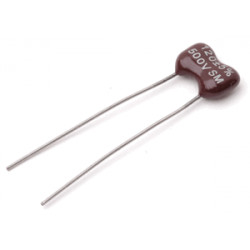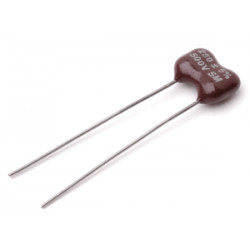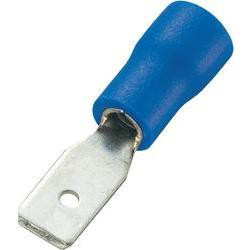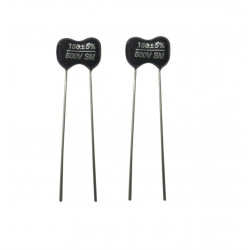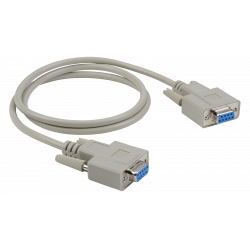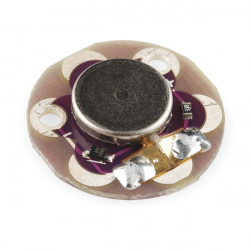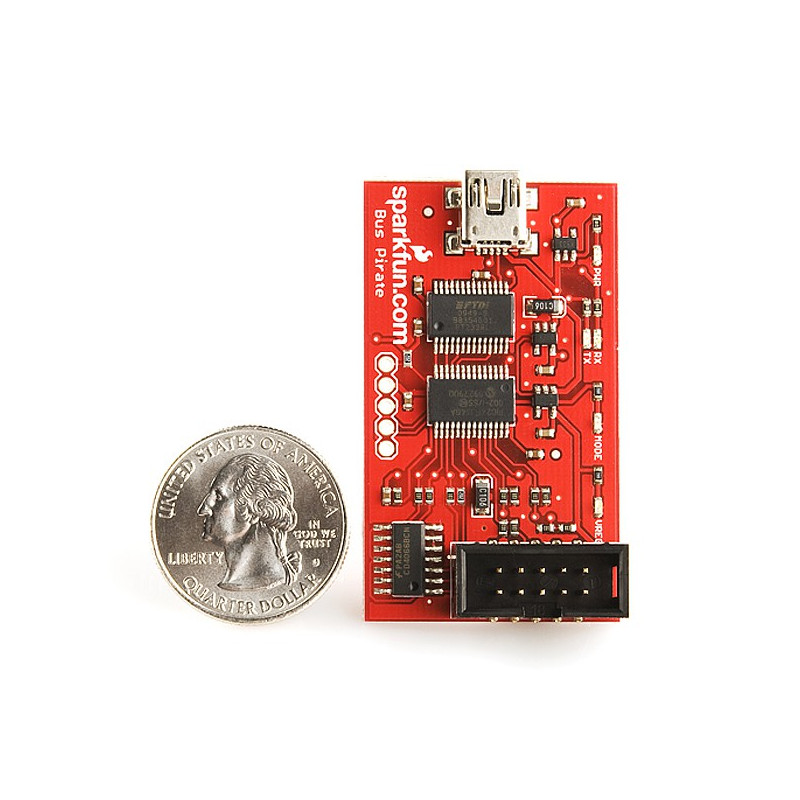

location_on 4131 Fraser St. Vancouver BC Get Directions
phone 604-875-1993 Call us
access_time Hours
| Monday - Friday | 9AM - 5:30PM |
| Saturday - Sunday & Holidays | Closed | See Holiday Hours |






The Bus Pirate, created by Ian Lesnet and featured on Hack a Day, is a troubleshooting tool that communicates between a PC and any embedded device over most standard serial protocols, which include I2C, SPI, and asynchronous serial - all at voltages from 0-5.5VDC. This product eliminates a ton of early prototyping effort when working with new or unknown chips.
Working with the Bus Pirate is simple and effective - type commands into a terminal on your computer, those commands are interpreted by the Bus Pirate and sent via the proper protocol. The Pirate will also interpret data sent from your embedded device back to your computer terminal. A big bonus is the bootloader installed on the PIC, which allows you to easily update the firmware and change the functionality of the board.
The main components of the Bus Pirate are PIC24FJ64 processor and an FT232RL USB-to-Serial chip. A Mini-B USB connector is populated on the board, and when you plug it into your computer it will come up as a virtual COM port. The pinout of the 2x5 I/O header is documented here.
Features:
Dimensions: 2.10 x 1.20" (53 x 30mm)
Sparkfun Documents:

